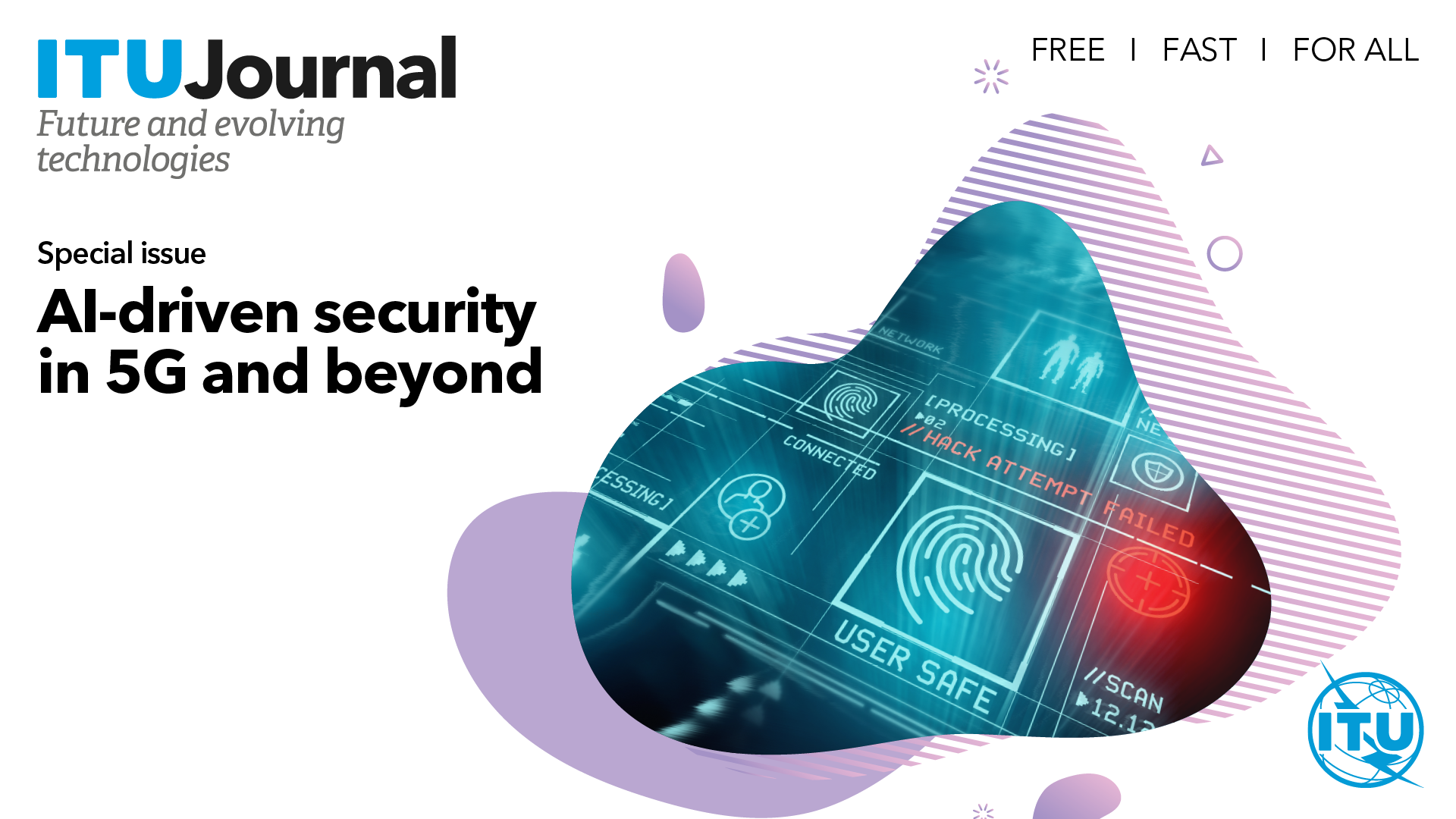
Theme
The significant advances in wireless networks in the past decade have made a variety of Internet of Things (IoT) use cases possible, greatly facilitating many operations in our daily lives. IoT is only expected to grow with 5G and beyond networks, which will primarily rely on software-defined networking (SDN) and network functions virtualization (NFV) for achieving the promised quality of service. The prevalence of IoT and the large attack surface that it has created calls for intelligent security solutions that achieve real-time, automated intrusion detection/mitigation, as well as authentication and data integrity preservation in these networks. Artificial intelligence (AI) tools, especially machine learning (ML) and deep learning (DL), come to the rescue for achieving real-time analysis of the massive amounts of network traffic data generated in 5G and beyond networks to discover anomalies and cyber-attacks, as well as provide effective mechanisms for authentication and data integrity preservation. AI tools will also play an important role in optimizing the performance of these networks under strict security constraints, when combined with the power of network virtualization and network slicing technologies. Despite the high potential of creating self-managing networks with the power of AI, adversarial attacks on the utilized algorithms are an important factor to consider, which could lead to significant performance degradation and disruptions in network operation.
This special issue seeks novel contributions dealing with security issues in networking technologies in the 5G and beyond era through utilization of AI tools.
Keywords
Machine learning, network security, deep learning, wireless communications, intrusion detection, cyber security, 5G, 6G
Tracks
-
ML and DL-based based intrusion detection and prevention
-
ML and DL-based authentication and integrity assurance
- Federated learning for security
- Adversarial ML in networks
- ML and DL-based network optimization with security constraints
Prospective authors are cordially invited to submit their original manuscript on the suggested topics listed in the
FULL call for papers.
Leading Guest Editor
Guest Editors